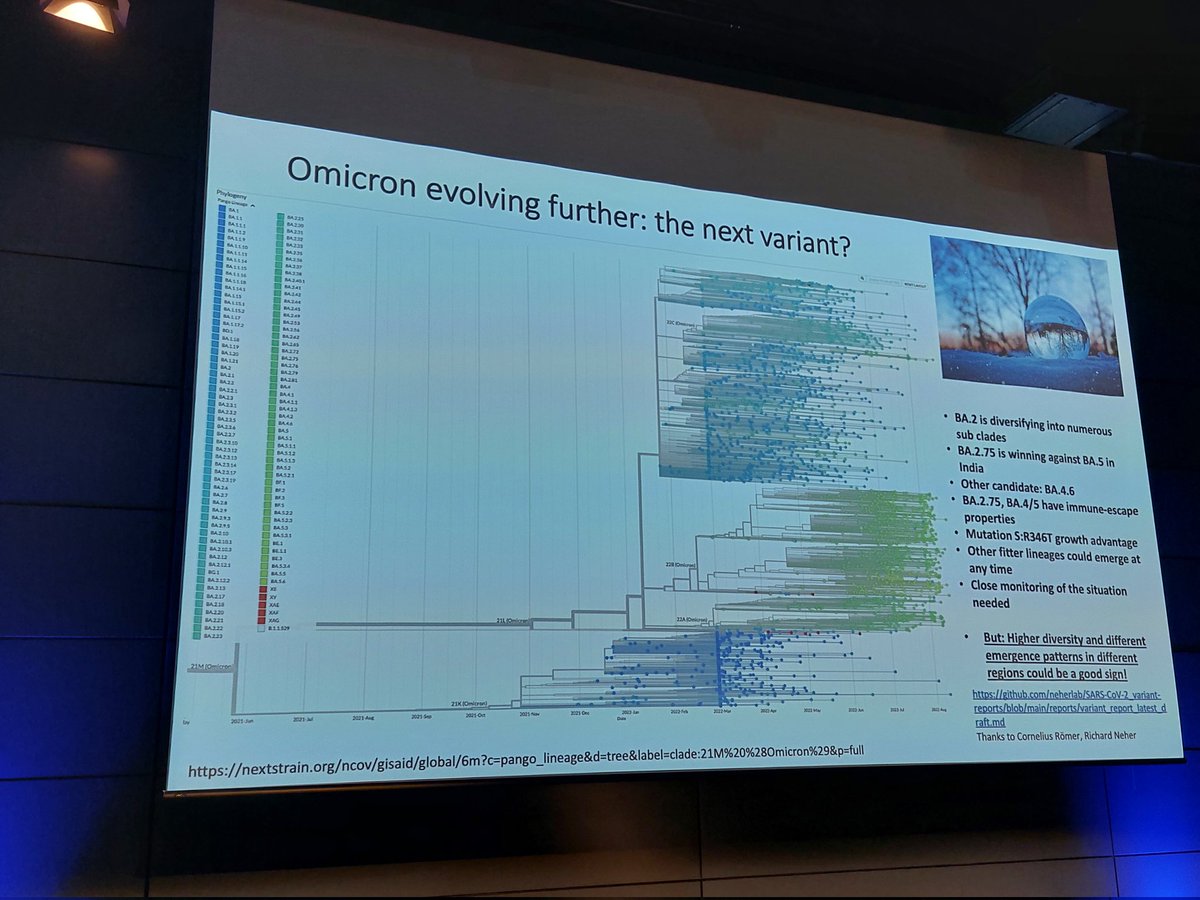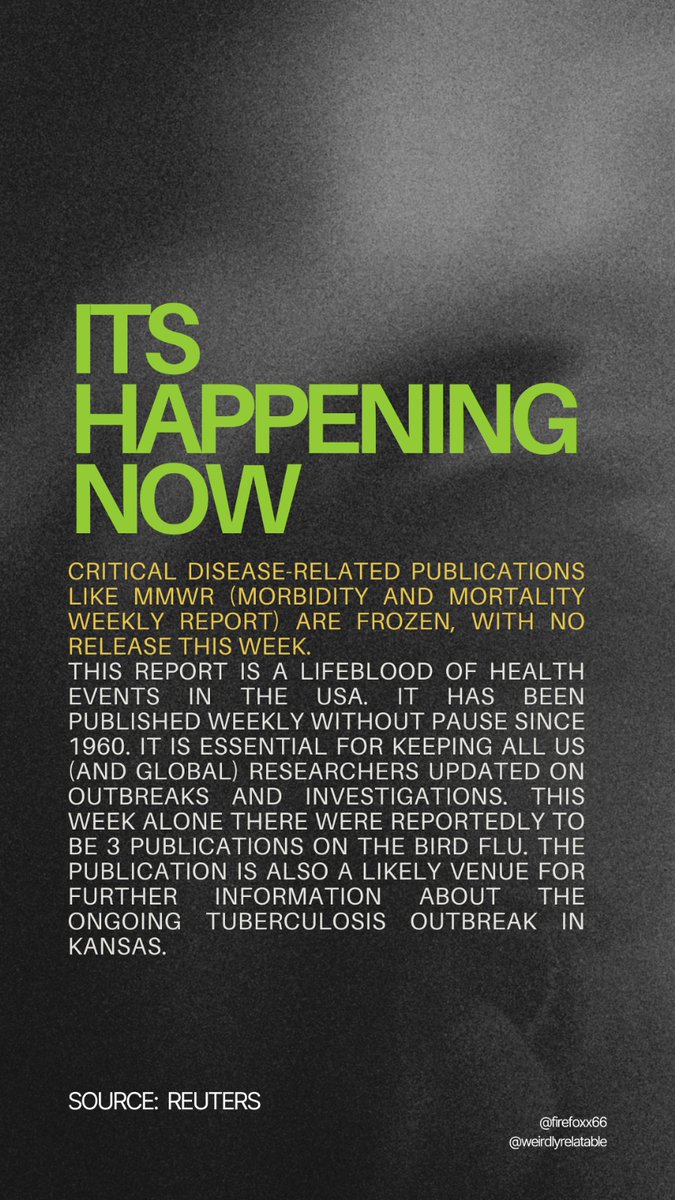"Are we better prepared?" asks @EckerleIsabella as she closes #SSM @SwissMicrobe with her keynote on challenges in prevention & preparedness for emerging viruses.
#SARSCoV2 & #monkeypox have highlighted these issues; what do we know & where do we stand?
1/N
#SARSCoV2 & #monkeypox have highlighted these issues; what do we know & where do we stand?
1/N

Perhaps particularly of note are viruses that aren't entirely new, but keep popping up, or appear in new hosts, new places, or with new symptoms a while after identification. How & how often does this happen?
Others we know well & have fought before, but appear again!
2/N
Others we know well & have fought before, but appear again!
2/N

Understanding viral emergence is also not just for viral biologists: there are so many factors that provide influence, from that virus and host to environmental, anthropic, and human-animal interface.
3/N
3/N

In #SARSCoV2 we have moved from a phase of very unexpected variants to one with many Omicron "babies". What might dominate next -- will it be the same everywhere? We see a lot happening but exact prediction is difficult.
4/N
4/N

What about #influenza #flu ? We saw little circulation during COVID measures, but it's made a big reappearance. This alone is a lot of pressure on hospitals & a lot of illness. What can we expect in the North, what should try & prepare for?
5/N
5/N

And of course... Emerging viruses are part of larger and interconnected issues like #climatechange & biodiversity loss - along with changing use of land - and misinformation, fragmentation of our societies, & loss of trust.
6/N

6/N


"We are jumping from virus to virus but never take time to invest in understanding & surveillance to fully understand them."
Surveillance often falls in a gap: research sees it as public health, public health sees it as research - nobody funds it though we would all benefit!
7/N
Surveillance often falls in a gap: research sees it as public health, public health sees it as research - nobody funds it though we would all benefit!
7/N

And a great quote to finish.
"Any new disease that is emerging faster than our understanding is never under control."
I would argue it can also be applied to "old" viruses that may reappear and/or change faster than we can keep up!!
Fantastic talk by @EckerleIsabella! 🙌
8/N
"Any new disease that is emerging faster than our understanding is never under control."
I would argue it can also be applied to "old" viruses that may reappear and/or change faster than we can keep up!!
Fantastic talk by @EckerleIsabella! 🙌
8/N

• • •
Missing some Tweet in this thread? You can try to
force a refresh











